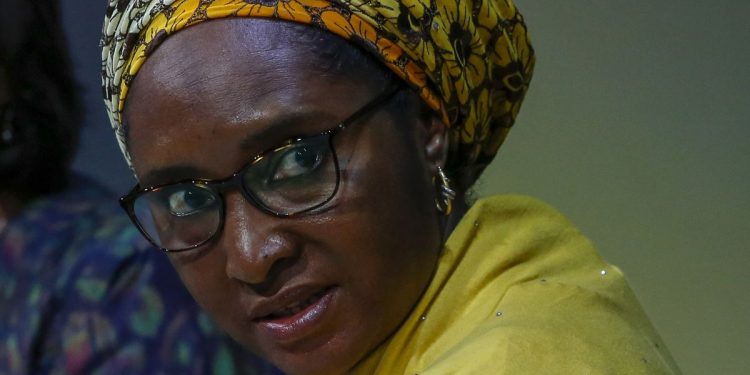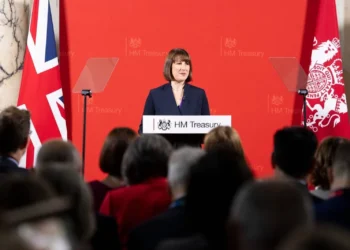Zainab Ahmed the Honourable Minister of Finance and National Planning on Monday disclosed that the federal government will have to borrow over N11 trillion and sell national assets to finance the budget deficit in 2023, and will be providing for fuel subsidy up to June 2023.
According to the Minister, government’s budget deficit is expected to rise above N12.42 trillion if fuel subsidy is not quickly removed.
She made this known on Monday as she appeared before the House of Representatives Committee on Finance to defend the 2023-2025 Medium Term Expenditure Framework (MTEF) and Fiscal Strategy Paper (FSP).
Trying to explain two instances of the budget deficit to the committee, the minister said the first option entails retaining the petroleum subsidy for the entire 2023 fiscal year.
The minister hinted that in the first scenario, the deficit is projected to be up to N12.41 trillion in 2023, up from N7.35 trillion budgeted in 2022, which represents 196% of total revenue or 5.50 per cent of the estimated GDP. She added that with this option, the government would spend N6.72 trillion on subsidy.
Expatiating on the second option she explained that it means the government will keep subsidy till June 2023 and that this scenario will give room for a deficit of N11.30 trillion, which translates into N5.01 trillion of the estimated GDP. With this option, fuel subsidy is projected to cost the government N3.3 trillion.
Zainab also noted that the first option may not be achievable at the moment following the current global trend while the second option would require tighter enforcement of the performance management framework for government-owned enterprises that would significantly increase operating surplus in 2023.
According to the minister, the projected deficit that comes with the second option is expected to be bankrolled via new borrowings from local and international sources.
This will consist of a total of N9.32 trillion in new borrowings made up of N7.4 trillion from local sources and N1.8 trillion from international lenders.
However, the government hopes to generate N206.1 billion from privatisation proceeds and N1.7 trillion in multilateral project-tied loans.
Recall Clariform had earlier reported that the federal government would be spending N18.6 billion daily on PMS.
In the 2023 budget, the Nigerian Minister is projecting N19.76 trillion as total expenditure under option two, with projected oil daily production perked at 1.69 million barrels per day at $70 per barrel. The exchange rate has been fixed at N435.57 to a dollar and inflation at 17.16 per cent.
Mrs Zainab Ahmed stated that crude oil production difficulties being experienced as a result of alarming rate of bunkering and PMS subsidy deduction by NNPC Limited will pose a major threat to the achievement of government targets, as seen in the 2022 performance up to April.












